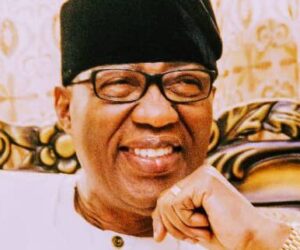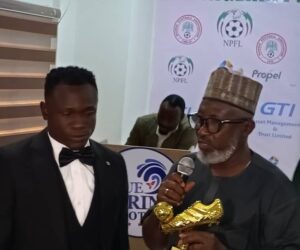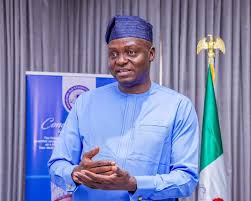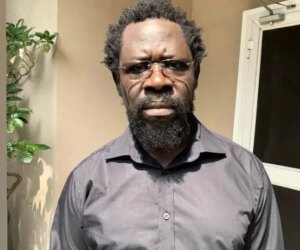Lawmakers from several African countries converged in Abuja on Monday to collaborate on strategies to block the annual revenue leakages of $587 billion, as reported by the African Development Bank (AfDB) in May this year.
This comes as Nigeria’s National Assembly reaffirmed its commitment to establishing the National Assembly Budget and Research Office (NABRO)—an independent, non-partisan budget office designed to support evidence-based budgeting, comparable to the United States Congressional Budget Office (CBO).
The urgency to curb the $587 billion (approximately ₦887 trillion) lost to capital flight across Africa was brought to the fore at the opening session of the 8th Conference of the African Network of Parliamentary Budget Offices (AN-PBO), held in Abuja.
In his keynote address, Speaker of the House of Representatives, Hon. Tajudeen Abbas, stressed that there was no better time for African legislators to confront the continent’s fiscal and governance challenges through effective and efficient legislation.
According to him, revenue leakages—particularly those resulting from corruption, illicit financial flows, and systemic inefficiencies—must be addressed through enhanced budget scrutiny and oversight.
“According to the African Development Bank, Africa loses over $587 billion annually to capital flight—money that flees the continent through corruption, illicit trade, mispricing, and profit shifting by multinational corporations,” Abbas said.
“Corruption alone is estimated to drain about $148 billion annually, while other illicit financial flows—such as trade malpractices and smuggling—siphon away tens of billions more. This is money that should be building roads in Lagos, equipping hospitals in Nairobi, or improving schools in Accra. Instead, it vanishes.”
He noted that Nigeria presents a cautionary example of both the scale of the problem and the urgent need for reform.
“In our public procurement processes—which account for a significant portion of government spending—Nigeria loses an estimated $18 billion annually to financial crimes, roughly 3.8% of our GDP. These leaks could fund countless social programmes.”
Abbas emphasised that budget leakages undermined the effectiveness of government programmes and must be stopped to ensure better outcomes for citizens.
“That is why we are increasing oversight hearings, audit inquiries, and strengthening anti-corruption legislation. Oversight is essential to ensure that limited resources are deployed for the public good,” he stated.
He also highlighted the lack of institutional capacity in many African parliaments, which hampers their ability to effectively scrutinise budgets and monitor public expenditure.
“Without access to high-quality fiscal data and independent economic analysis, legislators cannot adequately hold the executive accountable on complex macroeconomic issues such as debt sustainability and investment efficiency.”
This, he explained, is precisely the gap that Parliamentary Budget Offices (PBOs) are intended to fill.
Abbas stated that Nigeria was responding to these challenges through reforms aimed at strengthening the legislative ‘power of the purse’ and ensuring greater accountability in public finance.
“One of the most significant advancements is our effort to establish the National Assembly Budget and Research Office (NABRO) as an independent, non-partisan body to support our legislature.
“Let me assure this audience that the National Assembly is fully committed to NABRO’s realisation, full funding, and independence,” he further said.
He added that beyond NABRO, the Nigerian legislature was pursuing a broader fiscal governance agenda: “We are revising our Fiscal Responsibility and Finance laws to enhance budgetary discipline and transparency. We are also empowering our Public Accounts Committees to take decisive action on audit findings.”
Earlier in his remarks, Clerk to the National Assembly (CNA), Barrister Kamoru Ogunlana, described the conference as a critical platform for peer learning and capacity building, aimed at institutionalising evidence-based public finance management.
“I encourage us all to use this conference not only as a platform for exchange, but as a springboard for innovation and renewed commitment to fiscal responsibility,” he said.
Representatives from 16 African countries participated in the conference, including Nigeria, Ghana, Kenya, Uganda, South Africa, Tanzania, Namibia, Zimbabwe, Malawi, Mozambique, Liberia, The Gambia, Sierra Leone, Cape Verde, among others.








